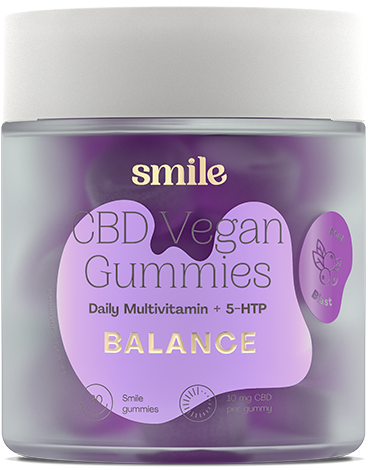Colloquially known as the “sunshine vitamin,” vitamin D3 is a fat-soluble nutrient the body produces when the skin is exposed to sunlight. All of the D vitamins, D1, D2 and D3, are key to building and maintaining strong bones. But vitamin D3 is also important for boosting your immune system’s ability to fight disease. Researchers also believe vitamin D3 may help to regulate mood and even help reduce the symptoms of depression.
So what does vitamin D3 actually do? Primarily, it helps your body to absorb calcium and phosphorus, two key ingredients for maintaining strong, healthy bones. That’s why vitamin D3 is most commonly used to treat and prevent bone disorders, such as rickets and osteomalacia. It can also treat or prevent bone loss, and may be used in people with kidney disease to provide normal levels of calcium and allow normal bone growth.
Beyond taking care of your bones, vitamin D3 supplements can help reduce the symptoms of depression caused by a deficiency in this essential nutrient. Studies show that vitamin D plays an important part in regulating mood, and low blood levels of it can therefore cause people to experience anxiety and depression. In one study, people with depression who received vitamin D supplements saw an improvement in their symptoms.
Then, there are the benefits vitamin D3 affords your immune system. Multiple studies suggest vitamin D3 can reduce the risk of multiple sclerosis, decrease the likelihood of developing heart disease and help to reduce the likelihood of developing the flu. The same processes that make vitamin D3 so good for bone health, the absorption of calcium and phosphorus, also make it important for the body’s immune functioning.
Vitamin D3 provides improved resistance against certain diseases. And that means taking it regularly is the best way to get the most benefit from it. If you begin a daily or weekly regimen of vitamin D3, make sure to take it at the same time every day or on the same day each week for best results.
There are also some interactions with other medications to be aware of. Some medications, especially bile acid sequestrants like mineral oil or orlistat, can lower the body’s ability to absorb vitamin D. Your doctor can help you find a dosing schedule that works with your other medications, but a good idea may be to take vitamin D3 at bedtime.
Resources
Vitamin D Deficiency and Risk for Cardiovascular Disease — 2008
Vitamin D, a modulator of musculoskeletal health in chronic kidney disease — 2017


